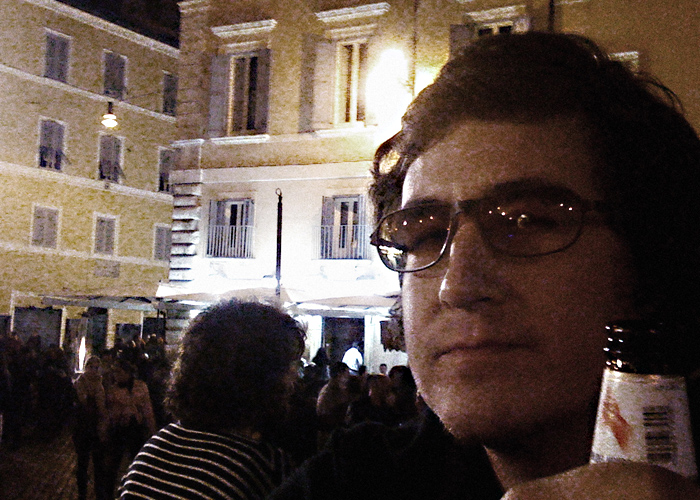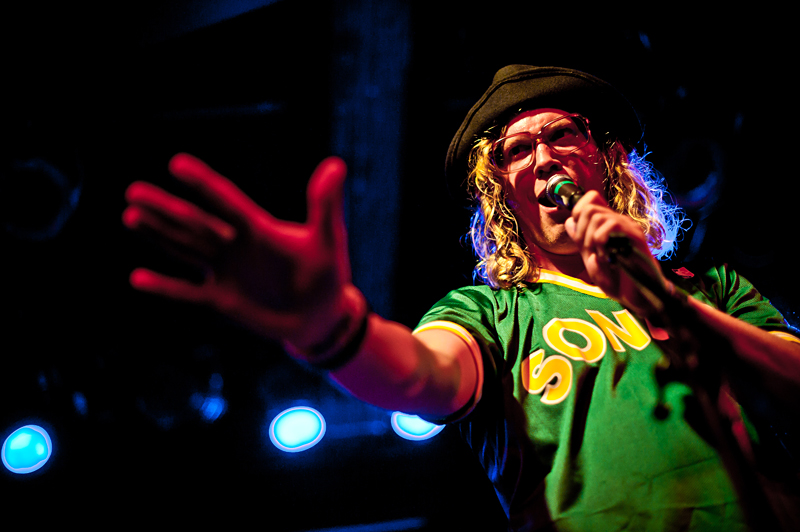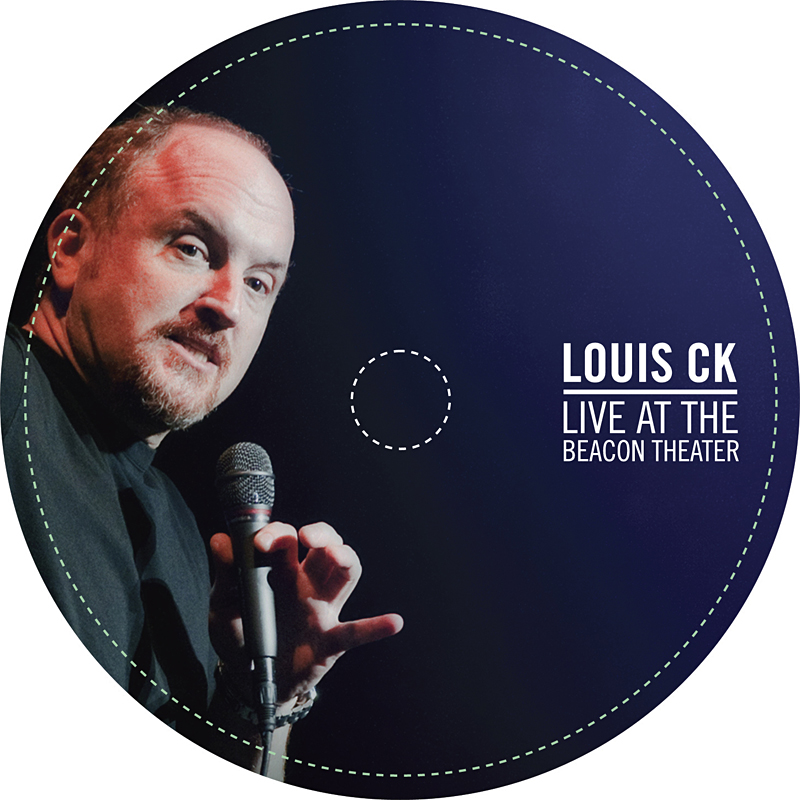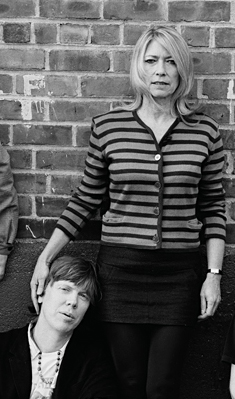Read any interview with Tom Waits, and “junk” will most likely be a focal point. Waits has been known to keep the salvage yards and pawn shops near his Sonoma, California, home in business by haggling with the owners over stuff like ceramic dogs, guitars made of two-by-fours, and shortwave radios crammed with chicken wire. It’s a good bet that at some point Waits will place those things in his home studio and be inspired to hit them with a mallet to hear how they resonate. And with any luck they’ll wind up being used as an instrument in some song he writes–about a chambermaid hopping a freight train out of Clarksdale, Mississippi, or something like that.
To admirers, Waits’ songs—like the films of David Lynch or Tim Burton—are chock full of tangible objects like antique clocks and wooden spoons, yet exist in a bizarre world all their own. Seattle musician Zach Harjo began thinking about this concept a few years back, after almost two decades spent writing songs he was never fully satisfied with.
“I wanted to make songs that were like short films inside of a larger film,” says Harjo, who owns Ocho, a Ballard tapas restaurant, with his girlfriend Gelsey Hanson.
The result is Dark Poems, an album he made in 2007 with local guitarist and producer Jeff Fielder, Harjo’s friend since the two attended high school together in Federal Way (“I don’t like to advertise that part,” Harjo quips). And like Waits, or the criminally under-referenced Randy Newman, Harjo mostly sidesteps the usual singer-songwriter trappings of personal confession, instead creating scenes and characters plucked from the dustier fringes of Americana.
Like any good cinematic songwriter, Harjo saturates his lyrics with strong visuals. “Soaked two rags in turpentine/And one in gasoline,” he sings on “Dead Leaves” (which bears a rhythmic similarity to the White Stripes’ “We’re Going to Be Friends,” aka the Napoleon Dynamite song). In “Dogs in a Pack,” he sings of “nosing around for a piece of meat,” and for “Flowers Black,” he pulls on his Edgar Allen Poe cap: “Bring me flowers black/And put them in a vase/A gray hair from a cat/And a pebble from a grave.”
But these words would be less potent were it not for the Waitsian atmospherics Harjo employs. The record is drenched in sounds that make it seem as though Harjo recorded it in a rickety barn, banging on old farm equipment in lieu of a traditional drum kit. The truth is not far off: Dark Poems was recorded in Harjo’s garage in Ballard, where he’s amassed, as has Waits, a sizeable collection of wood and metal objects. According to Harjo, these objects include “A cast-iron door to an old oil furnace. A cheap Bauhaus-esque napkin holder that makes a ringing sound. Hammers of various sizes. A couple of 50-pound cast-iron folded rods that I found buried in my backyard. A metal plate attached to a wooden pole that is used to tamp earth that I hit with a three-pound rock hammer to make the anvil sound on ‘The Hangman.'” Whereas Harjo’s past experience recording in proper studios resulted in music he didn’t care for, in his garage, he says, “I could just go in there and do it all wrong and love what came out of it.”
Harjo’s M.O. is akin to Waits’: Throw a stick at something and see what kind of sound it makes. As a result, lurking in every song are hollow clicks, metal clangs, wooden creaks, and fuzzy vocals, all of it anchored by Harjo’s dry, Gillian Welch–ish Appalachian blues finger-picking. (Harjo is fond of old guitars, mainly his 1964 Gibson LG1.)
“Jeff and I kept talking about this image of a Mack truck, and how we wanted the songs to sound like a Mack truck just coming at you,” says Harjo. But while his songs do indeed possess driving, forceful rhythms, they also contain a charming clunkiness, like Tom Joad in a Model T Ford headed west from Oklahoma. And, like Waits’ best numbers, Harjo’s tunes are the kind that if you turn them upside down and shake them, all manner of wood and metal objects come crashing to the floor.
Harjo still has yet to press proper copies of Dark Poems, mostly because, he says, “It doesn’t feel like the right time.” The delayed release has much to do with Harjo’s poetic sense of timing; he’ll sit on an idea for years and eventually act on it when he feels the mood is right. He explains that even his restaurant, which opened in January, had been marinating in his head since the early 2000s. “My girlfriend and I would have all sorts of conversations about it, and then go to bed thinking it was never going to work,” he says of Ocho. “Then we’d wake up the next morning and say ‘Well, maybe it will work.'”
“I feel like some of the best songwriting happens when you’re not even near a guitar,” he says, noting the years he spent shaking margaritas at La Carta de Oaxaca on Ballard Avenue, jotting down snippets of lyrics in his pocket notebook. And his creative process has a lot in common with Waits’ junk scavenging.
“Some of the stuff I’ve had sitting around for years,” he says. “But you sort of collect it like firewood, and all of a sudden it becomes something.”
**********
Field’s Recording
Harjo’s musical sidekick deserves a spotlight of his own.
It’s totally criminal to write about Zach Harjo without emphasizing the talents of his longtime friend Jeff Fielder, whom he credits as being his biggest musical influence. Quite possibly the most versatile roots artist in Seattle, Fielder is best known as a coveted studio man and member of Sera Cahoone’s band. But he’s an accomplished singer-songwriter on his own. His dobro work gives his own tunes a dusty highway feel, like that of Ry Cooder’s Paris, Texas soundtrack, but with more of a sprightly roadhouse-blues aesthetic. When I listen to tracks like “Pony Boy” and “Before Daylight,” I can’t help but think of a less-muscular Billy Joe Shaver. But there are also heavy doses of the Allman Brothers and Joe Walsh’s solo material (note: not the “Life’s Been Good to Me So Far”-era Joe Walsh). He’s spare and gritty without dwelling on the melancholy tear-stained-notebook confessionals that befall countless less-talented amateurs. If it’s even possible for a city to still have a “best kept secret” in the MyTube era, Fielder is Seattle’s. BRIAN J. BARR








